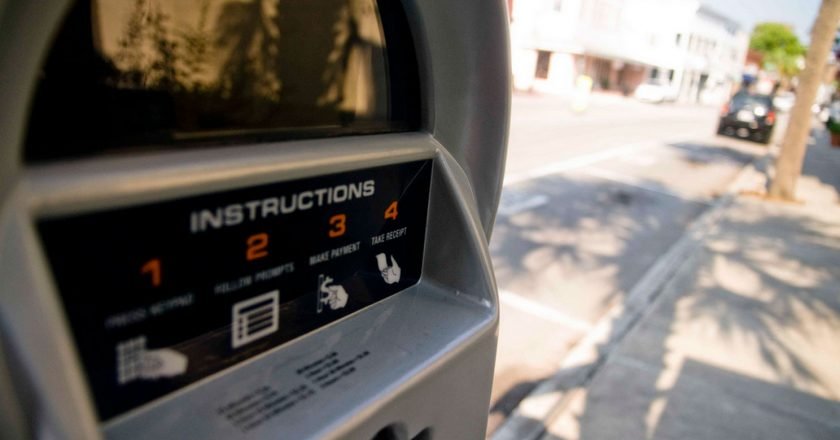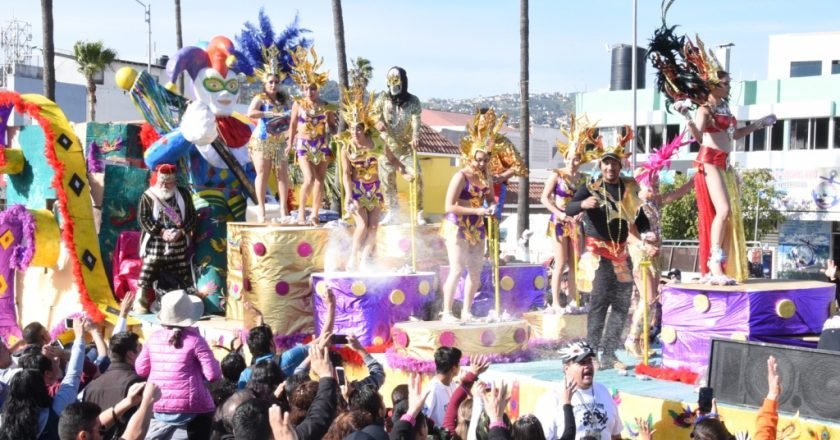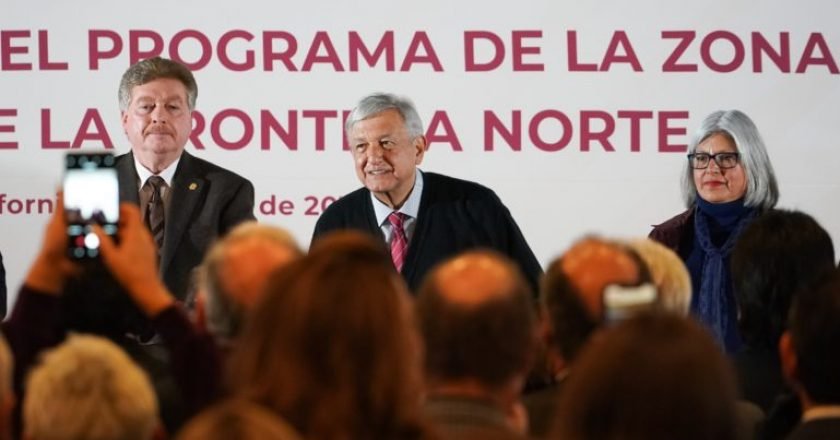How long will the new state government last? Boy, has this been a toughie for our state. The standard governor …


How long will the new state government last? Boy, has this been a toughie for our state. The standard governor …

Elections are here. Campaigns for governor, mayor, and state congressional seats have just started; that’s why you are seeing an …

Like every year, the Seashells and New Wine Festival opens the path of the regional wine festivities and although it’s …

Germans interested in our wine. A group of Bavarian businessmen visited the wine valley last week in order to analyze …

El Cielo Winery, located in the Guadalupe Valley, celebrated last month the contributions of women to the wine and food …

Hurraaay, we’re getting parking meters! Said no one ever, especially the citizens of Ensenada, who are pretty pissed about a …

Baja, open for spring breakers. Our state tourism honcho, Oscar Escobedo, is promoting Baja as a destination for spring breakers …

One of the wonderful things about Baja is the people that live here and the stories they have to tell. …

More taxis for Ensenada. A total of 224 permits for new taxis were given out by Mayor Novelo to work …

One of the campaigns promises that gained more supporters around here for our new president, Andres Manuel Lopez Obrador (or …